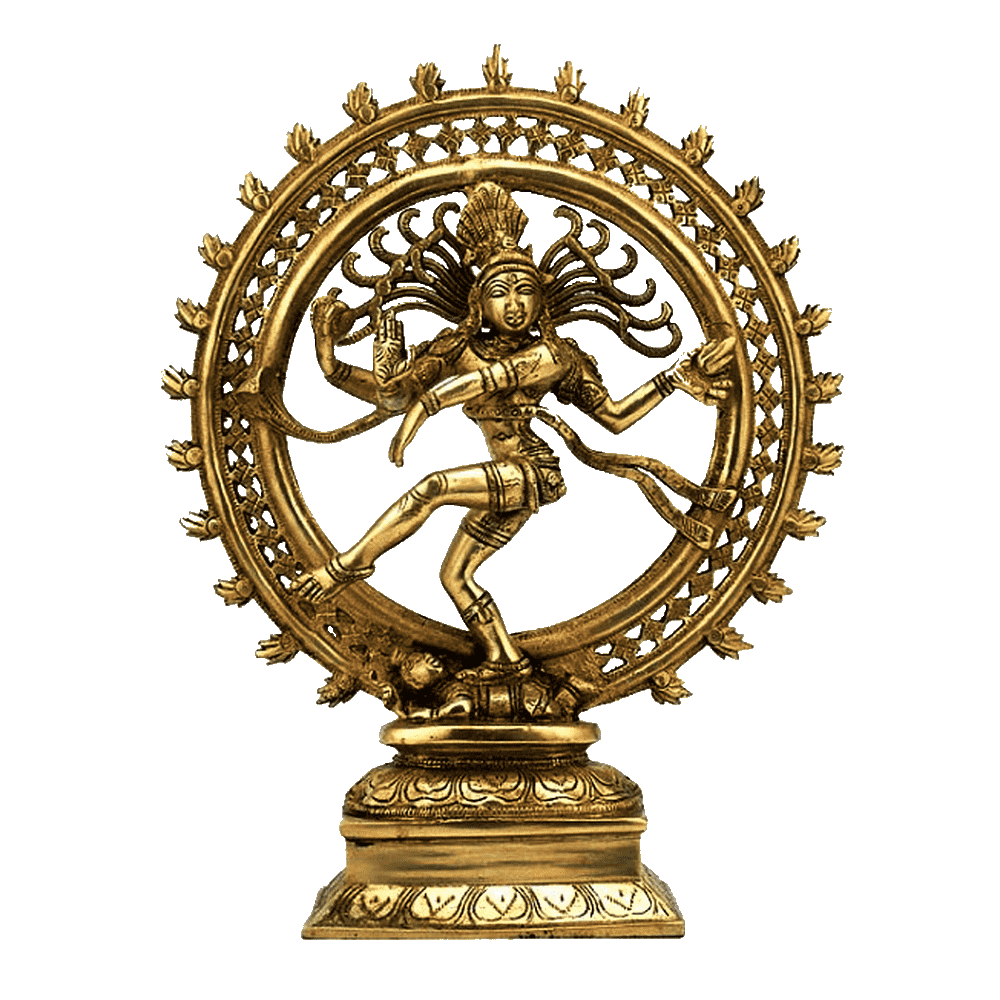
Mantramahārṇava
of Mādhava Rāya Vaidya
Unveiling the Philosophical Depths of Mantras and their Cosmic Connection
Introduction:
The Mantramahārṇava, attributed to the erudite scholar Mādhava Rāya Vaidya, is a profound text that delves into the philosophical underpinnings of mantras. This ancient scripture explores the profound relationship between mantras, cosmic principles, and the eternal sound vibration, Aum. Mādhava Rāya Vaidya’s work offers valuable insights into the esoteric significance of sacred sounds and their connection to the fundamental vibrations of the universe. In this article, we shall explore the philosophical depths of the Mantramahārṇava, unraveling the mysteries of mantras and their cosmic essence.
The Scholar Mādhava Rāya Vaidya:
Mādhava Rāya Vaidya, the reputed author of the Mantramahārṇava, remains an enigmatic figure in the annals of Mantra-śāstra. Though historical details about his life are scarce, his profound understanding of mantras and cosmic principles is evident in the wisdom conveyed through the Mantramahārṇava.
Exploring the Philosophical Foundations of Mantras:
The Mantramahārṇava goes beyond the practical aspects of mantras and delves into their philosophical foundations. Mādhava Rāya Vaidya elucidates that mantras are not mere sequences of sounds but embodiments of cosmic principles and divine energies. Each mantra represents a specific aspect of the cosmic order and invokes the corresponding divine energies.
Relationship with Cosmic Principles:
The text highlights the intricate relationship between mantras and cosmic principles. Mantras are seen as vibrational keys that unlock the universal laws and connect the practitioner with the cosmic forces. By chanting mantras with devotion and understanding, individuals align themselves with the harmonious rhythms of the universe.
Connection to the Eternal Sound Vibration, Aum:
One of the central themes in the Mantramahārṇava is the connection of mantras with the eternal sound vibration, Aum. Aum is considered the primordial sound that reverberates throughout the cosmos, giving rise to all creation. Mādhava Rāya Vaidya explains how mantras are derived from the sacred syllables of Aum and resonate with its cosmic essence.
Mantras as Bridges to Higher Consciousness:
The Mantramahārṇava emphasizes that mantras serve as bridges that connect the individual consciousness to the universal consciousness. Through the repetition and meditation on mantras, practitioners can transcend the limitations of the ego and merge with the divine source.
Attaining Spiritual Liberation:
Mādhava Rāya Vaidya’s work contemplates the transformative power of mantras in the journey towards spiritual liberation. By chanting mantras with devotion, sincerity, and understanding, seekers can purify the mind, dissolve karmic imprints, and attain liberation (mokṣa) from the cycle of birth and death.
Conclusion:
The Mantramahārṇava of Mādhava Rāya Vaidya stands as a profound treatise on the philosophical essence of mantras. Through this text, Mādhava Rāya Vaidya explores the profound relationship between mantras, cosmic principles, and the eternal sound vibration, Aum. The insights provided in the Mantramahārṇava deepen our understanding of mantras as powerful tools for spiritual evolution and transformation. By recognizing mantras as embodiments of cosmic energies and aligning with their divine essence, seekers can embark on a journey of self-realization, attaining harmony with the cosmic order and liberation from the bonds of material existence. The Mantramahārṇava continues to inspire and guide aspirants on the path of Mantra-śāstra, offering them a profound connection to the universal consciousness through the sacred sounds of the divine.
Editor – Kaalchakra Team
[ Note – Before Concluding anything as a Finale, Please Go through Original Scriptures of Vaidik Literature Written in Sanskrit and Also with Meaning of That time of Language. Because English is a Limited language to Explaining the Deeper Knowledge of Vaidik Kaal. ]
